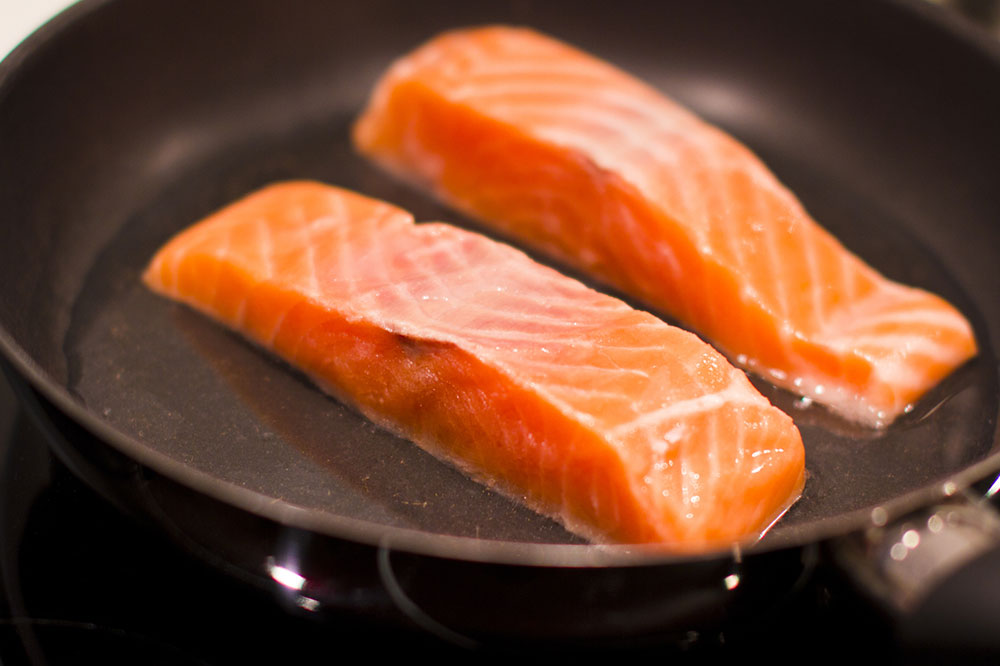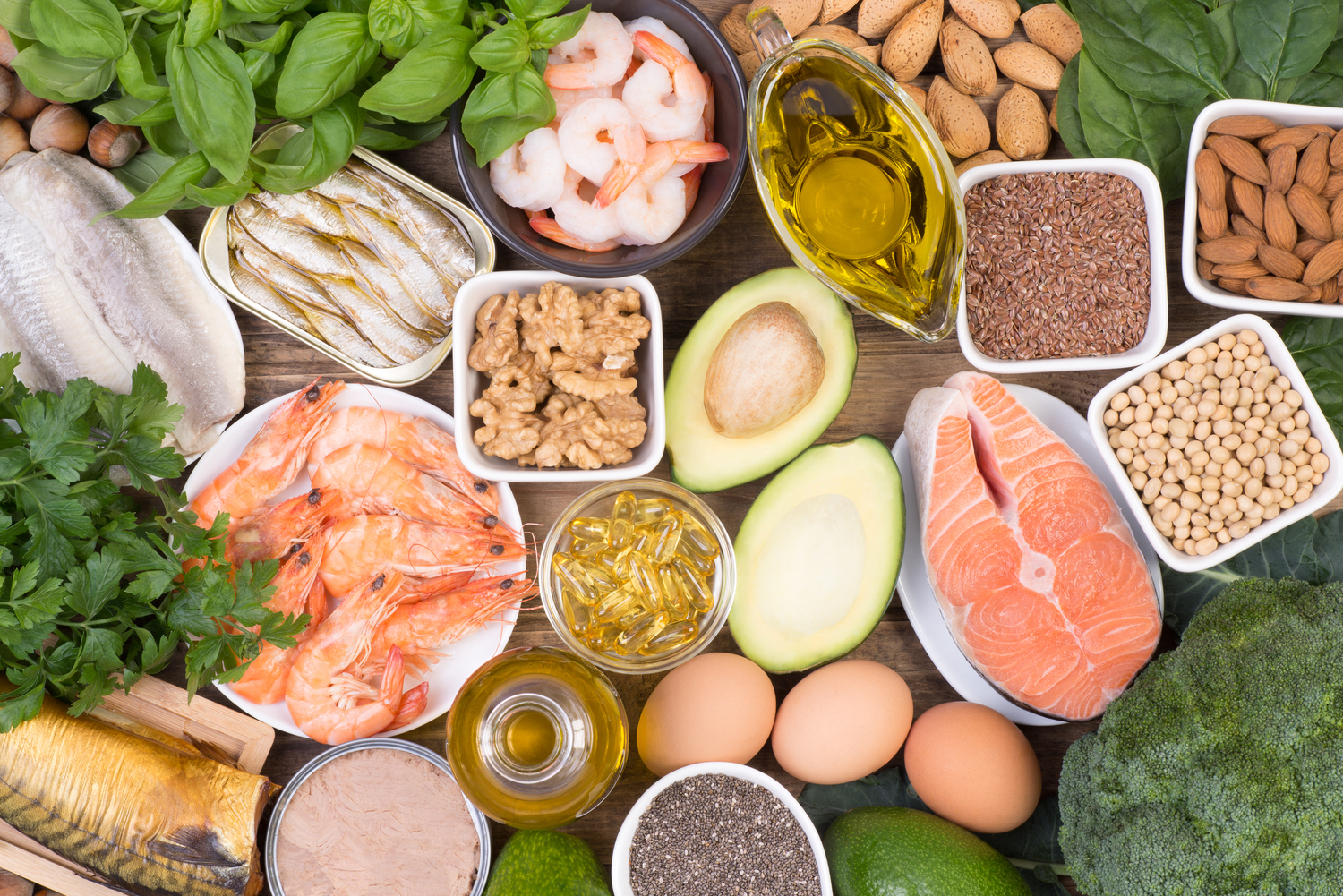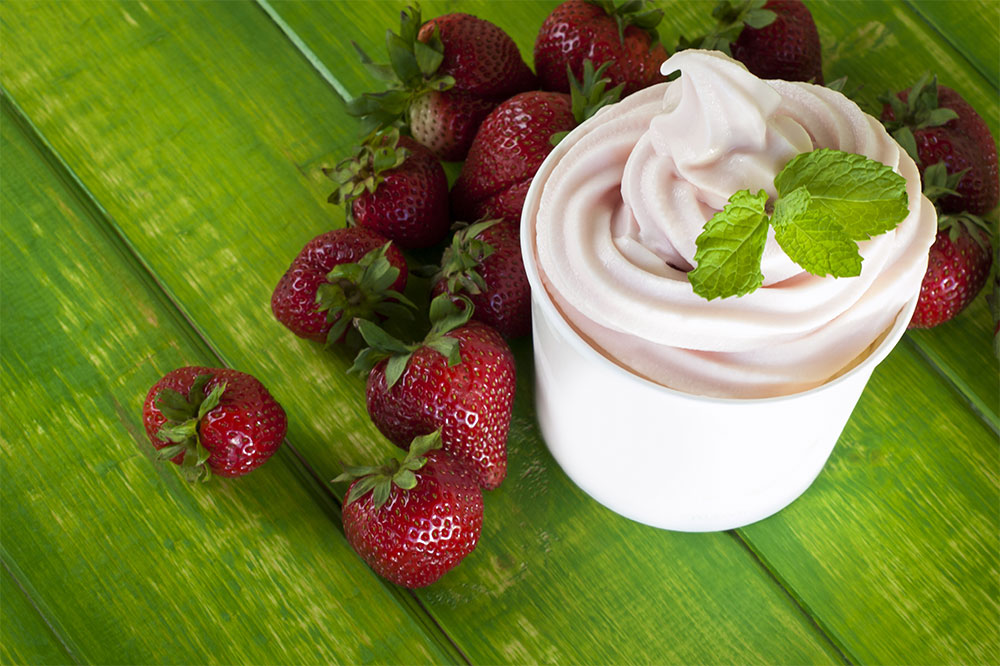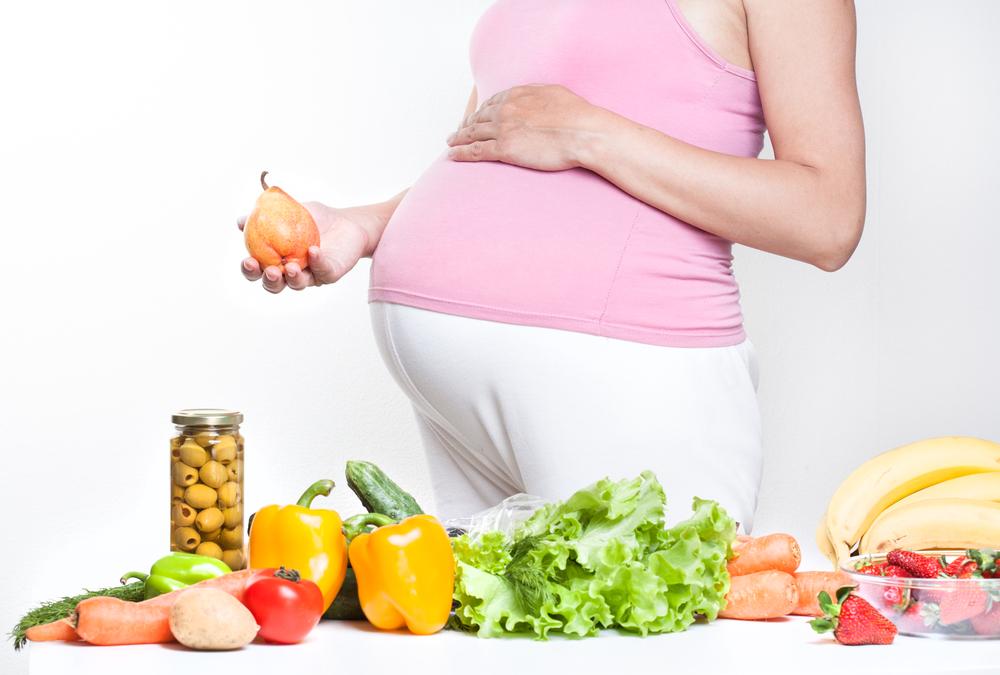7 Essential Foods to Consume During Pregnancy
Pregnancy is a life-altering experience, and every woman knows that “easy pregnancy” is something of a miracle. During pregnancy, there will be several physical and psychological changes, and not all of these will be pleasant. Another factor that makes pregnant women more anxious is the well-being of their unborn child. Everything that the mother does has an impact on the baby’s health. Hence, doctors often advise expecting mothers to eat healthily and stay active as it makes the pregnancy easier.
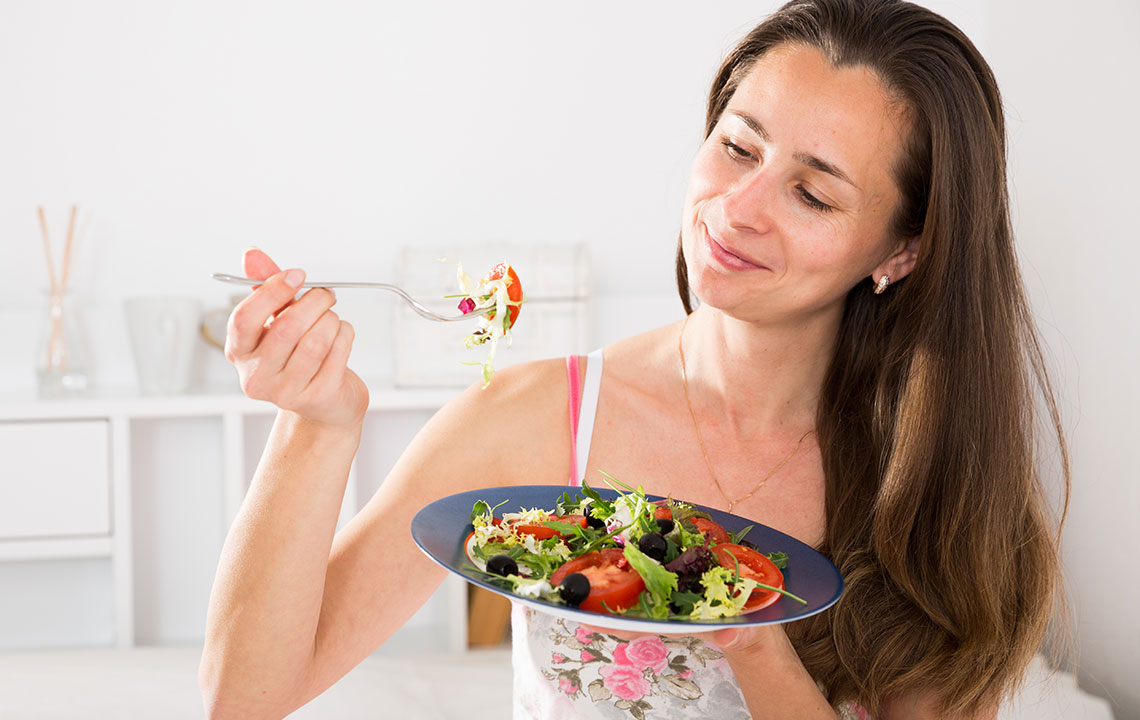
It is common knowledge that the baby receives all the essential nutrients from what the mother consumes. Therefore, to ensure that your baby is born healthy, you need to maintain a healthy diet. During pregnancy, your body needs more nutrients, vitamins, and minerals. In fact, you might have to add 350-500 extra calories to your everyday diet during the second and third trimesters. Lack of essential nutrients and poor eating habits can prove detrimental to the baby’s health. So, take a look at some highly nutritious foods to add to your diet during pregnancy.
Eggs
Eggs are superfoods and contain every nutrient you’ll need. A large egg contains 77 calories and is rich in high-quality protein and fat. It contains vitamins and minerals that promote the baby’s health. In fact, eggs contain choline, which plays a vital role in the various processes of the body including the development of the brain and overall health. Not consuming enough choline can increase the risk of neural tube defects and can even cause decreased brain function in the fetus. So, ensure that you add whole eggs to your diet.
Dairy products
Consuming dairy products shouldn’t limit itself to drinking a glass of milk once in a day. You need to consume more protein and calcium as the growing fetus needs these nutrients for its development. Dairy products contain whey and casein which are high-quality protein. Also, it is the best source of calcium and contains high amounts of phosphorus, magnesium, zinc, and various B vitamins. You can consider adding Greek Yogurt to your diet as it contains more calcium than most dairy products. Also, the probiotic bacteria in the yogurt supports digestive health.
Legumes
This food group includes lentils, beans, peas, chickpeas, peanuts, and soybeans. These legumes are an excellent plant-based source of protein, fiber, iron, folate (B9) and calcium, and your body needs more of these nutrients during pregnancy. Folate is an essential nutrient which plays a vital role in maintaining the health of the mother and the fetus, especially during the first trimester. Most pregnant women do not consume enough folate, hence it is essential to add legumes to your daily diet as it contains high amounts of folate. The lack of folate can lead to an increased risk of neural tube defects and low birth weight. Considering adding a cup of lentils, black beans, or chickpeas to your diet.
Sweet potatoes
Sweet potatoes are nutritious and prove quite beneficial for pregnant women. These contain beta-carotene, a plant compound which converts into vitamin A in the body. Vitamin A is quite essential for the growth and differentiation of most cells and tissues and also for the healthy development of the fetus. It is advisable for pregnant women to increase their vitamin A intake by 10-40%, but avoid high amounts of animal-based sources of the same. There are high chances that animal-based sources can cause toxicity when eaten in excess. Thus, sweet potatoes are a safe source of vitamin A and even contain fiber which can increase fullness, reduce blood sugar spikes. It even improves digestive health and mobility.
Lean meat
It is advisable for pregnant women to consume foods that contain high-quality protein, and lean meat such as chicken, pork, and beef are an excellent source of protein. Moreover, beef and pork also contain iron, choline, and other B vitamins which contribute to maintaining your health during pregnancy. Iron is used by red blood cells as a part of hemoglobin and plays a vital role in delivering oxygen to all the cell in the body. During pregnancy, you’ll need more iron as the volume of the blood increases, and this occurs mostly during the third trimester. Low levels during early and mid-pregnancy can lead to iron deficiency anemia which increases the risk of premature delivery and low birth weight.
Salmon
Pregnant women do not get enough omega-3 through their diet, which is why it is essential to add salmon to your diet. Salmon is quite rich in essential omega-3 fatty acids and long-chain omega-3 fatty acids DHA and EPA play a vital role during pregnancy. These help in building the brain and eyes of the fetus. However, it is advisable to limit the consumption of salmon or other seafood to only twice a week owing to the mercury and other contaminants found in the fatty fish.
Whole grains
It is imperative for pregnant women to meet their increased calorie requirements during the second and third trimesters. Therefore, pregnant women are advised to eat whole grains. Unlike refined grains, whole grains contain fiber, vitamins, and plant compounds. You can consider adding oats and quinoa as they contain a fair amount of protein, as it is vital during pregnancy. Moreover, whole grains are also rich in B vitamins, magnesium, fiber, all of which are essential to keep you healthy during pregnancy.
